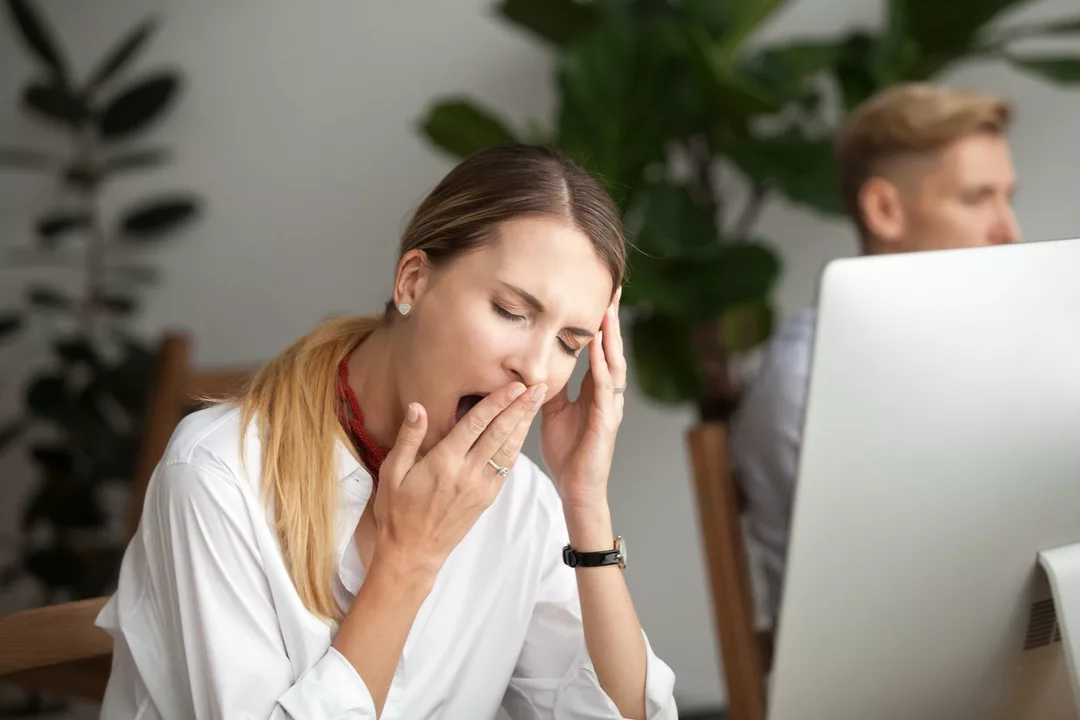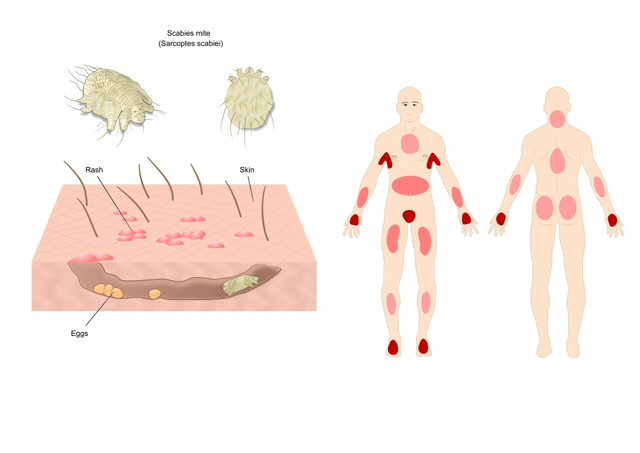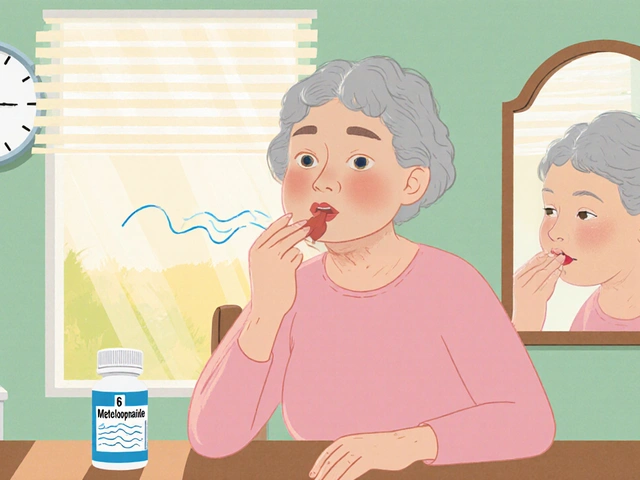Fatigue: Causes, Quick Fixes, and When to See a Doctor
Fatigue steals your day in small ways: you yawn at a meeting, you hit the couch after work, or simple tasks feel heavy. It’s not just being tired — fatigue can come from sleep, diet, medications, chronic illness, or stress. Knowing the likely causes and easy steps to try first saves you time and worry.
Poor sleep is the top quick fix. If you snore, wake often, or sleep less than six hours, start there. Set a consistent bedtime, cut screens 30 minutes before bed, and keep your room cool and dark. Caffeine after midday, heavy meals before bed, or evening alcohol often wreck sleep quality.
Next is routine energy support. Small changes add up: eat protein with every meal, choose whole grains over sugary snacks, and drink water regularly. Short walks boost alertness — five minutes every hour helps. Practice a two-minute breathing break when stress spikes; it lowers cortisol and reduces the feeling of being drained.
Medications and health conditions are common culprits. Blood pressure drugs, antidepressants, antihistamines, and some diuretics can sap energy. Thyroid problems, anemia, diabetes, and long COVID are medical causes to rule out. If lifestyle tweaks don’t help in two to three weeks, check with a clinician and bring a list of medicines and symptoms.
Common causes you can fix
Lifestyle causes you can control include sleep problems, dehydration, poor diet, lack of movement, and excessive stress. Try a one-week experiment: sleep 7–8 hours, swap sugary snacks for nuts and fruit, add a 20-minute walk daily, and cut caffeine after noon. Track energy in a simple notebook: note sleep length, meals, mood, and mid-day energy level. Patterns show up fast.
When fatigue needs real attention
See a doctor if fatigue is sudden, severe, or comes with weight loss, fever, chest pain, shortness of breath, memory loss, or fainting. Ask for basic blood tests: CBC for anemia, TSH for thyroid, blood sugar, and kidney function. Mention sleep issues — you may need a sleep study for sleep apnea. If medications likely cause your tiredness, ask about alternatives; many drugs have energy-friendly options.
Practical next steps: try the one-week lifestyle test, carry a short symptom log, and schedule a primary care visit if no clear improvement. Small habits often restore energy, but when they don’t, proper testing finds treatable causes fast.
If you want targeted reading, check related guides on site. Read drug alternatives posts if you suspect a prescription causes tiredness — articles like '9 Alternatives to Benazepril' and 'Best Cholesterol Medications If You Can't Take Simvastatin' explain options and side effects. For drug-related dehydration or electrolyte concerns, 'OTC Diuretics vs Lasix' and 'Ampicillin for Sinus Infection' discuss risks and management. Digestive conditions can drain energy — see 'Best and Worst Foods for Colitis' and mesalamine story. If sleep or viral reactivation worries you, 'How to Reduce Your Risk of Developing Shingles' and sleep-related pieces help. Use these reads to prepare questions for your doctor and avoid guesswork when tracking down the cause.




